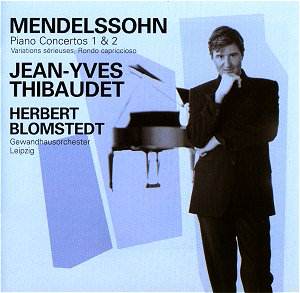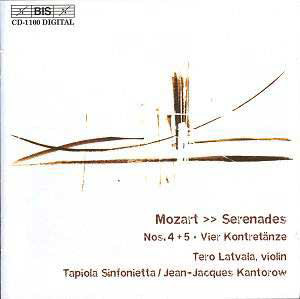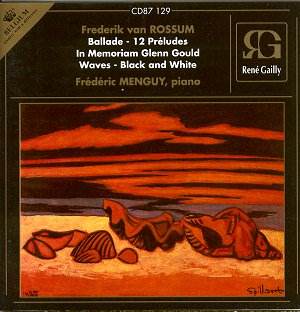 Composer: Felix Mendelssohn
Composer: Felix Mendelssohn
Works: Piano Concertos No. 1 in G minor, Op. 25; No. 2 in D minor, Op. 40; Variations sérieuses, Op. 54; Rondo capriccioso, Op. 14
Performers: Jean-Yves Thibaudet (piano), Leipzig Gewandhaus Orchestra/Herbert Blomstedt
Recording: Recorded 20-21 Dec. 1997, Leipzig Gewandhaus (Concertos); Rec 10-11 March 2001, The Colosseum, Watford (solo pieces)
Label: DECCA 468 600-2
Mendelssohn’s piano concertos, particularly the First in G minor and the Second in D minor, have often occupied a paradoxical position within the canon of Romantic piano literature. While they brim with lyrical beauty and intricate craftsmanship, they have rarely achieved the same veneration as the concertos of Chopin or Rachmaninoff. Jean-Yves Thibaudet, known for his virtuosic prowess and poetic interpretations, offers a fresh perspective on these works, alongside the Leipzig Gewandhaus Orchestra under Herbert Blomstedt, in this recording that juxtaposes the concertos with Mendelssohn’s solo piano pieces, highlighting the composer’s multifaceted genius.
Thibaudet’s interpretation of the First Concerto is marked by a notable briskness in both outer movements. While some may appreciate the lightness he brings to the work, it can also evoke the impression of a somewhat superficial touch. The scintillation that one might expect from a historical great like Vladimir de Pachmann or even the electric energy of a prime Arthur Rubinstein is somewhat elusive here. Specifically, the opening Allegro is executed at a pace that lacks the gravitas and emotional weight the music demands. The Andante, which should serve as a reflective foil to the exuberance of the outer movements, comes across as somewhat pallid under Thibaudet’s hands, lacking the depth imparted by slower, more contemplative interpretations, such as those by Moura Lympany, whose readings possess a fluidity that captures the work’s inherent drama.
Conversely, Thibaudet’s rendition of the Second Concerto reveals a greater depth of feeling, particularly in the first movement, where a palpable connection to Schumann’s influences can be discerned. The interplay between the soloist and orchestra is deftly handled, with Blomstedt coaxing a warm, rich sound from the Gewandhaus strings that complements Thibaudet’s more impassioned phrasing. Here, the technical prowess displayed is more than mere agility; it serves the music’s emotional arc, creating a compelling narrative. However, the same concern regarding superficiality lingers, particularly in passages that call for greater interpretative weight.
The solo pieces included in this collection are where Thibaudet truly shines. The Variations sérieuses, Op. 54, encapsulate the full range of his artistry. The eighth variation demands scintillating finger-work, and Thibaudet meets this challenge with an impressive command that allows for a seamless transition between virtuosic passages and lyrical lines. The final Presto is exhilarating, showcasing not just technical skill but also a genuine engagement with Mendelssohn’s spirited playfulness. The Rondo capriccioso, with its capricious shifts in mood, is delivered with the necessary mercurial flair, highlighting Thibaudet’s ability to navigate complex rhythmic structures effortlessly.
The recording quality merits mention as well. The sound engineering, particularly for the solo pieces, benefits from a closer, more intimate miking that captures the nuances of Thibaudet’s playing. In contrast, the orchestral works, while clear and well-balanced, occasionally feel more distant, which may detract from the immediacy of the dialogue between soloist and orchestra.
This recording presents a compelling case for Mendelssohn’s concertos, though it does not fully transcend the challenges inherent in these works. Thibaudet offers a commendable interpretation that, while occasionally lacking the depth one might crave, showcases his remarkable technical abilities and musicality, especially in the solo works. The Variations sérieuses stand out as the pinnacle of the album, suggesting that Thibaudet may yet provide more definitive interpretations of Mendelssohn’s concertos in future recordings.



